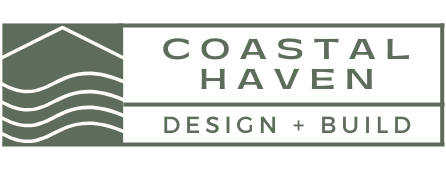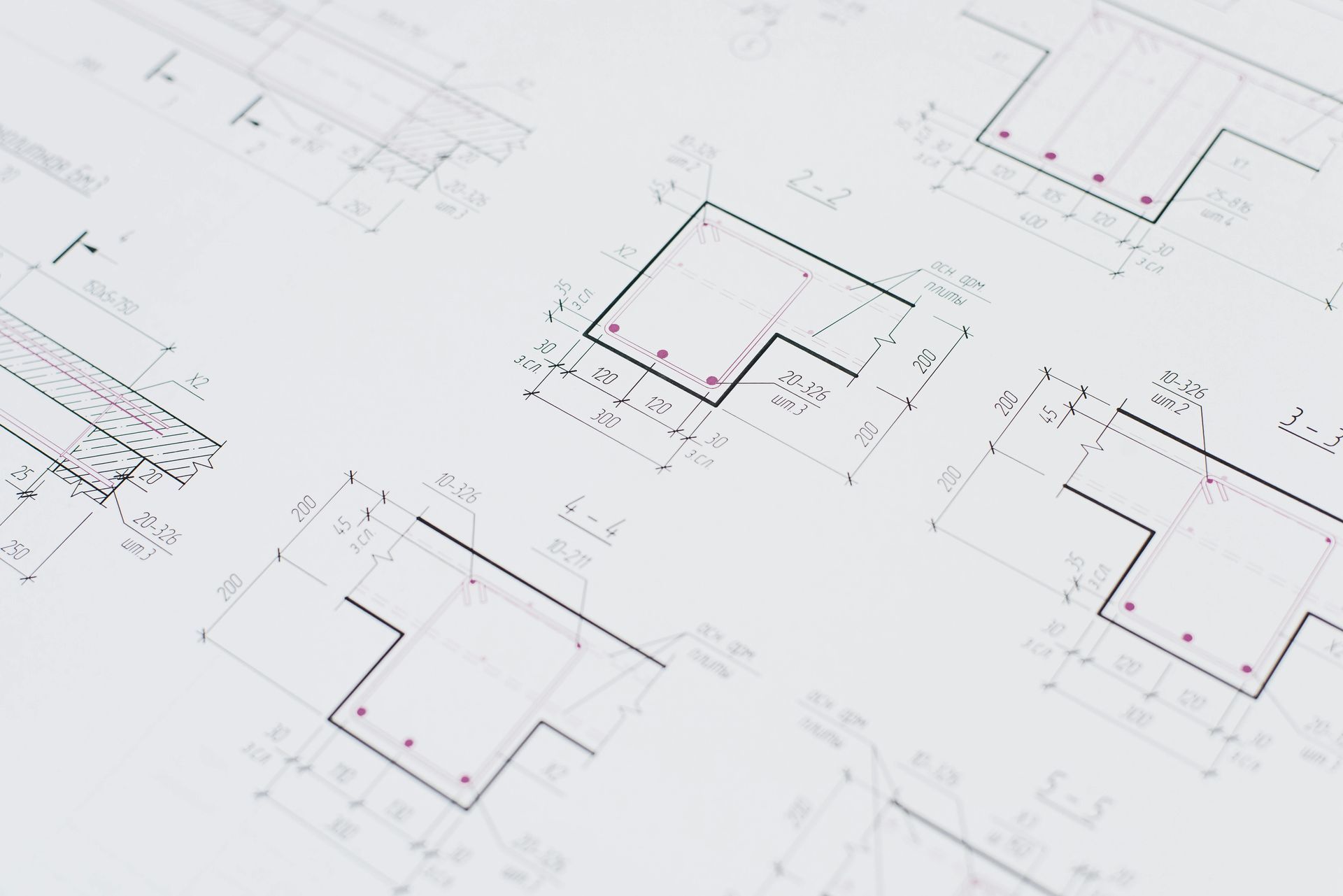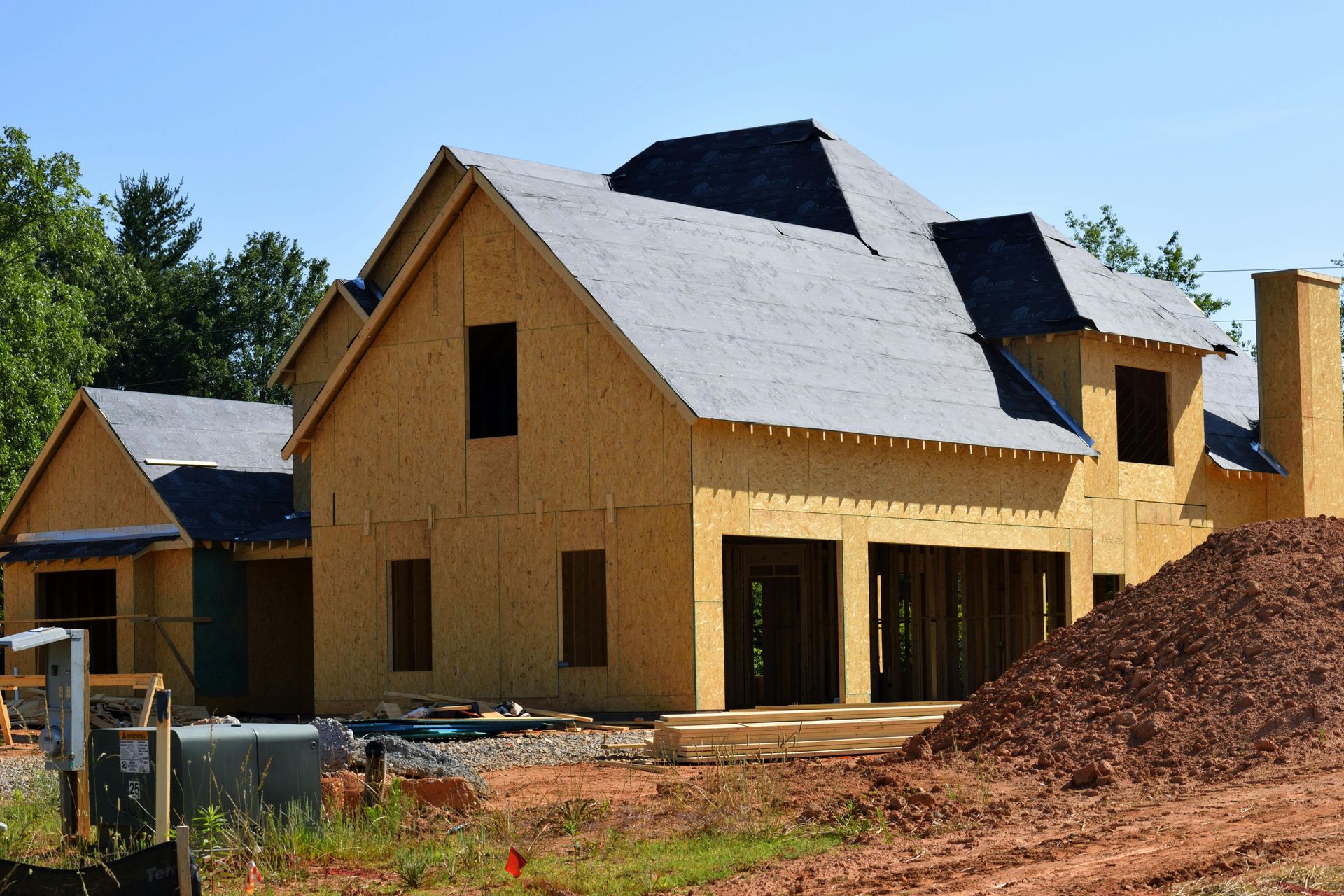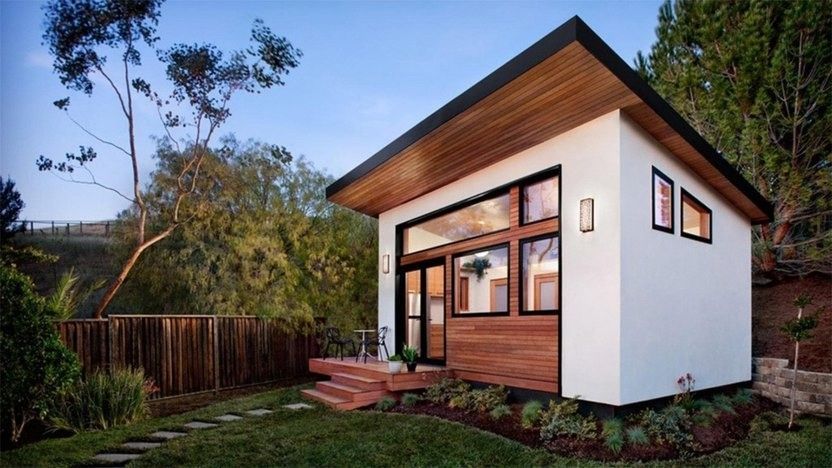Accessory Dwelling Unit (ADU) Construction in Tampa, FL
At Coastal Haven Design + Build, we specialize in ADU construction in Tampa that transforms your property into a multi-functional space for family, income, or long-term use. Whether you’re creating a detached garage apartment, building a backyard cottage, or converting part of your home into an in-law suite, we bring the design skill and permitting knowledge required to navigate Tampa’s zoning overlays and Special Use process.
With demand for multigenerational housing and flexible living space growing, accessory dwelling units (ADUs) are one of the smartest ways to expand your home’s potential.
Schedule Your Consultation
St. Petersburg
Make Room for What Matters
Our ADU Construction Services in Tampa
Detached ADUs & Backyard Cottages
Create a self-contained living space behind your home — complete with kitchen, bathroom, and optional utility meters. We match your new ADU’s exterior to your main house for a seamless look.
Garage Conversions & Above-Garage Suites
Turn existing garage space into a livable unit, or build above it for additional square footage — with matching rooflines and architectural details.
Attached & Upper-Level ADUs
Add an ADU above or beside your primary home with careful planning for entrances, privacy, and interior flow.
Multigenerational Living Spaces
Design a private, fully equipped living space for aging parents, adult children, or long-term guests — built for independence and comfort.
ADU Design, Permitting & Zoning Compliance
ADUs and EFRs in Tampa require approval through the Special Use permitting process. Our team handles the paperwork, site planning, and city coordination to move your application smoothly through development review.
Income-Generating Rental Units
Build a legal ADU designed specifically for long-term rental income. We help you create a private, fully rentable unit with durable finishes & separate utilities (when applicable),
ADU Contractor Services Built Around Your Property’s Potential
Why Homeowners Choose Coastal Haven
Your Vision, Our Expertise
Zoning & Permit Expertise
ADUs are only allowed in certain neighborhoods — we check your zoning and help determine if you qualify for an ADU or EFR.
Streamlined Construction Process
Our in-house team manages every step, from zoning approval to final inspection. No guesswork, no missed steps — just results.
Design That Matches Your Home
ADUs must complement the primary residence. We match paint schemes, window profiles, and rooflines for a cohesive final look.
Smart, Livable Design
We optimize every square foot, integrating full kitchens, bathrooms, and private entries into compact, efficient layouts that support real-world use.
Transform Your Space
Our Construction Process
Step 1: Consultation & Feasibility Review
We assess your lot, current home, and goals to determine the best ADU type — detached, attached, above-garage, or garage conversion.
Step 2: Design & City Submittals
We prepare your Flexible Standard Development application and create plans that meet zoning standards. We handle everything, including submission timelines and DRC coordination.
Step 3: Permitting & Site Prep
Once zoning approval is received, we manage all building permits and prepare the site for construction — including grading, foundation work, or utility planning.
Step 4: Construction & Finish
From framing to final finishes, we build your ADU with precision and care — aligning with both your home’s character and city guidelines.
Build Smart. Live Better.
Adding an ADU is one of the smartest ways to increase flexibility, family housing, or passive income on your property. As your dedicated ADU contractor in Tampa, we handle the heavy lifting — from zoning to final build.
Frequently Asked Questions
Got questions about pool renovations? We’ve got answers! Here are some of the most common inquiries we receive from homeowners looking to transform their spaces.
Am I allowed to build an ADU on my property in Tampa?
ADUs are only permitted in specific zoning overlays within the city — including Seminole Heights, Lowry Park, East Tampa, and Tampa Heights. If your property lies outside of these areas, you may still be eligible to build an Extended Family Residence (EFR) if the dwelling is for a family member and the primary home is owner-occupied. As part of our process, we confirm zoning eligibility using the city’s official ADU overlay map and determine whether your proposed accessory dwelling unit meets the requirements.
What is the difference between an Accessory Dwelling Unit and an EFR?
An Accessory Dwelling Unit (ADU) is a self-contained, secondary residential unit with its own entrance, full kitchen, bathroom, and sleeping quarters — and it can be rented to non-family tenants if located in a permitted overlay. An Extended Family Residence (EFR) is a similar unit but is only allowed outside the overlays and must be occupied by a family member. Both options require a Special Use application and must follow strict code and zoning regulations related to size, scale, parking, and architectural compatibility.
Do I need a permit for ADU construction in Tampa?
Yes — every accessory dwelling in Tampa must be permitted through the city’s Construction Services department. Whether it’s a tiny home, garage conversion, or second-story addition, your project will require architectural plans, site plans, and documentation that meet the Florida Building Code, local zoning ordinances, and overlay-specific standards. Our team handles all permit submittals, reviews, and inspections — giving homeowners peace of mind through every stage of the build.
What is the Special Use application and why do I need it?
In Tampa, ADUs and EFRs are classified as Special Uses, meaning they are not permitted by right and must be approved on a case-by-case basis. The Special Use application evaluates whether your accessory dwelling unit can be built on your specific parcel based on setbacks, parking, neighborhood compatibility, and other zoning requirements. Our contractors and designers prepare a complete package for submittal — including plans, compliance reports, and community context documentation — to give your application the highest chance of approval.
Can I rent out my ADU as a short-term rental?
Short-term rentals like Airbnb are not permitted in newly built accessory dwelling units within Tampa city limits. Whether you’re building an ADU or EFR, the dwelling must be used for long-term occupancy — either by a tenant with a lease, a family member, or a caregiver. We help homeowners plan for long-term leasing arrangements and ensure the dwelling unit is designed with functionality and compliance in mind.
Are modular or “tiny homes” allowed as ADUs in Tampa?
Yes, but they must meet the Florida Building Code and be classified as modular construction, not mobile homes. Tiny homes can be built off-site and installed on a permanent foundation if approved by a state-licensed modular builder. Mobile homes, however, are not permitted within Tampa’s corporate limits unless placed in a licensed mobile home park or approved PD zoning. We work only with compliant modular manufacturers and guide you through all construction and zoning approvals.
How long does it take to build a garage conversion or backyard ADU?
The timeline for constructing a garage conversion or detached accessory dwelling unit (ADU) in Tampa typically ranges from 4 to 8 months, depending on factors like permitting, design complexity, and site conditions. Projects that involve converting an existing garage into a code-compliant dwelling unit can move faster — often within 4 to 6 months — while building a detached backyard cottage from the ground up may take closer to 6 to 8 months.
This timeline includes time for site planning, Special Use application approval, architectural design, structural engineering, and city permitting. Tampa’s accessory dwelling regulations also require detailed review for parking, setbacks, and zoning compatibility — all of which we handle on your behalf.
As experienced ADU contractors, we manage everything from initial feasibility to final inspections, ensuring your project complies with zoning codes, meets building standards, and fits your property’s layout. Our team keeps you updated through each milestone so your construction experience is smooth and stress-free.
Do I need a licensed contractor and sealed plans?
Yes — both licensed contractors and digitally sealed plans are required for any accessory dwelling unit (ADU) construction in Tampa. Whether you’re building a backyard cottage, garage apartment, or Extended Family Residence (EFR), your project must follow the Florida Building Code and the City of Tampa’s zoning and development regulations.
Plans must be created and signed by a Florida-licensed architect or engineer, showing full construction details, elevations, and code compliance — especially for detached dwelling units or any structural changes. Tampa’s Special Use application also requires site-specific documentation that addresses setbacks, parking, and neighborhood compatibility.
As your ADU contractor, we coordinate directly with Tampa’s Development Coordination and Construction Services
As your ADU contractor, we coordinate directly with Tampa’s Development Coordination and Construction Services offices. We handle sealed plans, plan submittals, and all communication with municipal staff to ensure your property is ready for permitting and construction — with no surprises or setbacks along the way.
Are there any special requirements in flood zones?
Yes — if your property is located within a Special Flood Hazard Area (SFHA) in Tampa, your accessory dwelling unit (ADU) or Extended Family Residence (EFR) must comply with both federal floodplain regulations and the City of Tampa’s flood-resistant development standards.
According to Tampa’s Code of Ordinances, Section 5-121, new construction or substantial improvements within the SFHA must meet specific criteria:
Elevation Requirements: The lowest floor of the ADU/EFR must be elevated to or above the Base Flood Elevation (BFE) as determined by FEMA’s Flood Insurance Rate Maps.
Flood-Resistant Materials: Construction must utilize materials resistant to flood damage for areas below the BFE.
Anchoring and Structural Design: Structures must be anchored to prevent flotation, collapse, or lateral movement during flood events.
Utilities and Equipment: Electrical, heating, ventilation, plumbing, and air conditioning equipment must be designed or located to prevent water from entering or accumulating within the components during flooding.
Additionally, any development in flood-prone areas must not obstruct floodways or divert floodwaters in a manner that would increase flood hazards to other properties.
Our team ensures that your ADU or EFR project complies with all applicable floodplain management regulations, including obtaining necessary permits and coordinating with Tampa’s Construction Services Division. We also assist in preparing elevation certificates and other documentation required for compliance and insurance purposes.
For more detailed information on flood zone requirements and to determine if your property is within an SFHA, you can visit Tampa’s Flood Information page.
Are there programs that can help with the cost of construction?
Yes — several programs at the city, county, and state levels may help reduce the financial burden of building an Accessory Dwelling Unit (ADU) or Extended Family Residence (EFR) in Tampa. While no single grant is dedicated exclusively to ADUs, various homeowner assistance programs can help with site preparation, compliance upgrades, or construction-related costs.
Here are some options to consider:
- City of Tampa Owner-Occupied Rehab (OOR) Program
- Offers assistance to income-eligible homeowners for bringing properties into compliance with the Florida Building Code. Helpful for ADU projects that involve converting or upgrading part of an existing home.
- Hillsborough County Owner-Occupied Rehabilitation Program
- Provides financial aid for critical home repairs like roofing, structural work, and safety improvements — all of which may be relevant when preparing a property for ADU construction.
- Rebuilding Together Tampa Bay (RTTB)
- A nonprofit offering free critical home repairs for qualifying homeowners. Services often include accessibility and safety improvements that align with aging-in-place or multigenerational ADU projects.
- State Housing Initiatives Partnership (SHIP) Program
- Administered statewide, SHIP supports affordable housing through local government initiatives. While not ADU-specific, SHIP funds may be used toward home rehab projects that align with ADU development.
- USDA Single Family Housing Repair Loans & Grants (Section 504)
- Offers financial assistance to very-low-income homeowners in eligible rural areas for health and safety repairs. Some aspects of ADU projects, like accessibility upgrades or utility improvements, may qualify if eligibility requirements are met.
At Coastal Haven Design + Build, we help you identify which programs apply to your situation and handle documentation and planning to ensure everything aligns with code and funding guidelines.
More Areas We Serve
Build proudly serves the entire Tampa Bay area, bringing exceptional home remodeling services to Tampa and the following areas:




